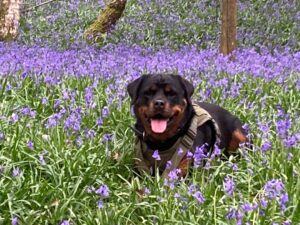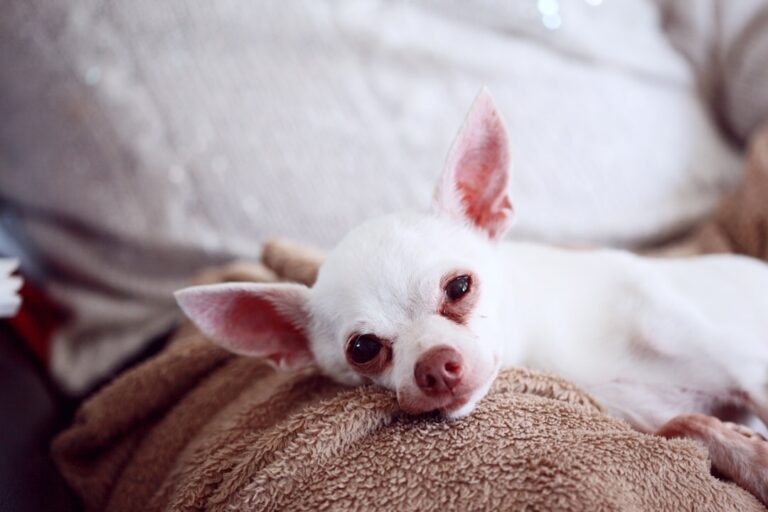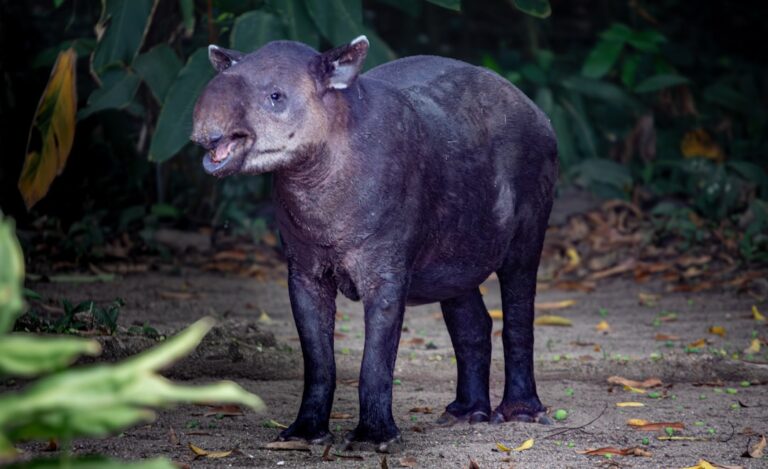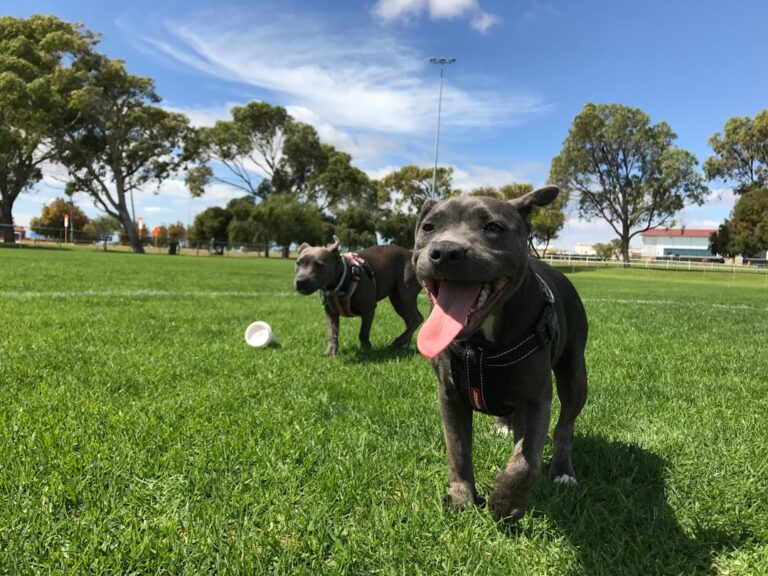The Poodle, a breed often associated with elegance and intelligence, has a rich history that dates back several centuries. Its origins can be traced to Germany, where it was initially bred as a water retriever. The name “Poodle” is derived from the German word “Pudel,” which means “to splash in water.” This breed was highly valued for its exceptional swimming abilities and its talent for retrieving game from water, making it a favorite among hunters.
The Poodle’s distinctive curly coat served a practical purpose, providing insulation and protection against cold water while also minimizing drag during swimming. As the Poodle made its way to France, it underwent significant refinement and became a symbol of French aristocracy. The breed was embraced by the French nobility, who appreciated its intelligence and trainability.
During the Renaissance, Poodles were often seen performing in circuses and as companions to the elite. The breed’s popularity soared, leading to the development of various sizes and types, including the Standard, Miniature, and Toy Poodles. Each variety was bred for specific purposes, but all retained the core characteristics of intelligence, agility, and a distinctive appearance.
Key Takeaways
- The Poodle originated in Germany and was originally bred as a water retriever.
- There are three different varieties of Poodles: Standard, Miniature, and Toy, each with their own unique characteristics and size.
- Poodles are known for their intelligence, trainability, and friendly nature, making them great family pets.
- Grooming and maintenance for Poodles is essential due to their curly, hypoallergenic coat that requires regular brushing and professional grooming.
- Poodles require early socialization and consistent training to ensure they develop into well-behaved and well-adjusted companions.
The Different Varieties of Poodles
Poodles are categorized into three distinct varieties based on their size: Standard, Miniature, and Toy. The Standard Poodle is the largest of the three, standing over 15 inches tall at the shoulder. This variety is known for its athleticism and versatility, excelling in various canine sports such as agility, obedience, and even hunting.
Standard Poodles are often used as service dogs due to their intelligence and trainability, making them suitable for tasks ranging from therapy work to assistance for individuals with disabilities. The Miniature Poodle, standing between 10 to 15 inches tall, is a smaller version that retains the same intelligence and playful nature as its larger counterpart. Miniature Poodles are often favored by families living in smaller homes or apartments due to their manageable size.
They are known for their lively personalities and adaptability, making them excellent companions for both active individuals and those who prefer a more relaxed lifestyle. Lastly, the Toy Poodle is the smallest variety, measuring under 10 inches tall. Despite their diminutive size, Toy Poodles are full of energy and charm.
They are particularly popular among those seeking a portable companion that can easily accompany them on outings.
Poodle Temperament and Personality

Poodles are renowned for their exceptional temperament, characterized by intelligence, loyalty, and a playful disposition. They are often described as eager to please, which makes them highly trainable and responsive to commands. This breed thrives on mental stimulation and enjoys engaging in activities that challenge their intellect.
Whether it’s solving puzzles or participating in obedience training, Poodles excel when given tasks that require focus and problem-solving skills. In addition to their intelligence, Poodles are known for their sociable nature. They tend to get along well with children and other pets, making them an ideal choice for families.
Their playful demeanor often leads to affectionate interactions with family members, as they enjoy being involved in daily activities. However, it is essential to note that Poodles can be sensitive to their environment; they may become anxious if not properly socialized or if exposed to loud noises or chaotic situations. Early socialization is crucial to help them develop into well-adjusted adults who can navigate various social settings with confidence.
Grooming and Maintenance for Poodles
| Grooming and Maintenance for Poodles | Frequency |
|---|---|
| Bathing | Every 3-4 weeks |
| Brushing | Every 1-2 days |
| Ear Cleaning | Every 1-2 weeks |
| Nail Trimming | Every 4-6 weeks |
| Teeth Cleaning | Every day or every other day |
One of the defining features of the Poodle is its unique coat, which requires regular grooming to maintain its health and appearance. The curly coat is hypoallergenic, making it an excellent choice for individuals with allergies; however, this also means that it can mat easily if not cared for properly. Regular brushing is essential to prevent tangles and mats from forming.
Many owners opt for professional grooming every six to eight weeks to keep their Poodle looking its best while also managing the coat’s maintenance. In addition to brushing, owners should pay attention to other grooming needs such as nail trimming, ear cleaning, and dental care. Poodles have long ears that can trap moisture and debris, making them susceptible to ear infections if not cleaned regularly.
Dental hygiene is equally important; regular brushing can help prevent dental issues that are common in many dog breeds. By establishing a consistent grooming routine early on, owners can ensure that their Poodle remains healthy and comfortable throughout its life.
Poodle Training and Socialization
Training a Poodle can be a rewarding experience due to their high intelligence and eagerness to learn. They respond well to positive reinforcement techniques such as treats, praise, and playtime. Early training is crucial for establishing good behavior patterns and ensuring that the dog grows into a well-mannered adult.
Basic commands such as sit, stay, and come should be taught from an early age, as these foundational skills will serve as building blocks for more advanced training later on. Socialization is equally important for Poodles. Exposing them to various environments, people, and other animals during their formative months helps them develop confidence and adaptability.
Puppy classes can be an excellent way to facilitate socialization while also providing structured training opportunities. Engaging in group activities not only enhances their social skills but also strengthens the bond between the dog and its owner. A well-socialized Poodle is more likely to exhibit calm behavior in new situations and less prone to anxiety or fear-based reactions.
Poodle Health and Common Health Issues

While Poodles are generally healthy dogs, they are predisposed to certain genetic health issues that potential owners should be aware of. One common concern is hip dysplasia, a condition where the hip joint does not fit properly into the hip socket, leading to arthritis or pain over time. Regular veterinary check-ups can help monitor joint health and catch any issues early on.
Another health issue that affects Poodles is progressive retinal atrophy (PRA), a degenerative eye condition that can lead to blindness. Responsible breeders conduct health screenings on their breeding stock to minimize the risk of passing on genetic disorders. Additionally, conditions such as Addison’s disease and certain skin disorders can also occur within the breed.
Prospective owners should seek out reputable breeders who prioritize health testing in their breeding programs to ensure they are getting a healthy puppy.
Poodle Exercise and Activity Needs
Poodles are active dogs that require regular exercise to maintain their physical health and mental well-being. The amount of exercise needed varies by size; Standard Poodles typically require more vigorous activity compared to Miniature or Toy varieties. Daily walks, playtime in a secure yard, or engaging in dog sports such as agility or obedience training can help meet their exercise needs.
Mental stimulation is equally important for this intelligent breed. Activities such as puzzle toys or interactive games can keep a Poodle engaged when physical exercise isn’t possible due to weather or other constraints. Additionally, participating in dog sports not only provides physical exercise but also strengthens the bond between dog and owner through shared activities.
A well-exercised Poodle is less likely to exhibit behavioral issues stemming from boredom or pent-up energy.
Poodle as a Family Pet and Companion
Poodles make excellent family pets due to their friendly nature and adaptability. Their sociable temperament allows them to bond well with children of all ages, often becoming playful companions in family activities. They thrive on companionship and enjoy being part of family life; whether it’s joining in on outdoor adventures or snuggling on the couch during movie nights, Poodles are eager participants.
Moreover, their intelligence makes them suitable for various roles within a family setting. Many families find success in training their Poodles for specific tasks such as therapy work or assistance roles for family members with disabilities. Their ability to learn quickly combined with their affectionate nature makes them not just pets but integral members of the family unit.
As companions, they offer loyalty and love while also providing opportunities for active engagement through play and training activities that enrich both their lives and those of their human families.












